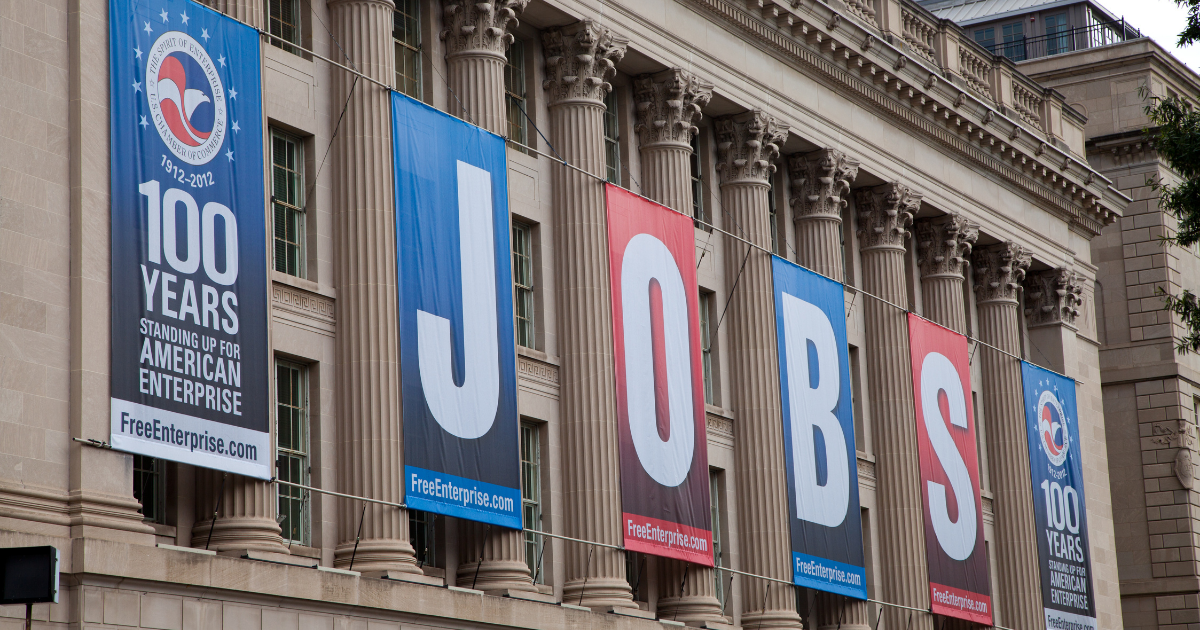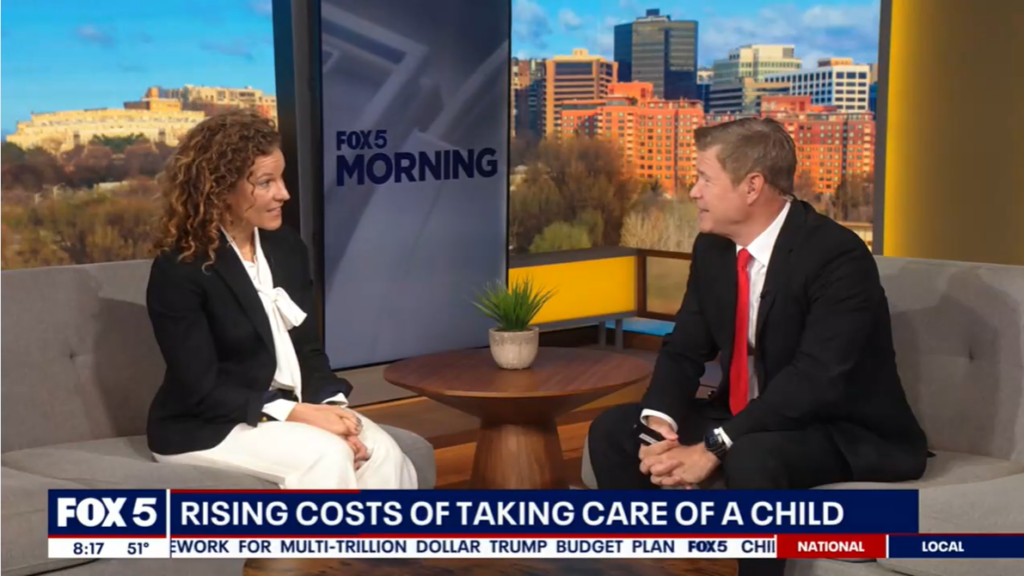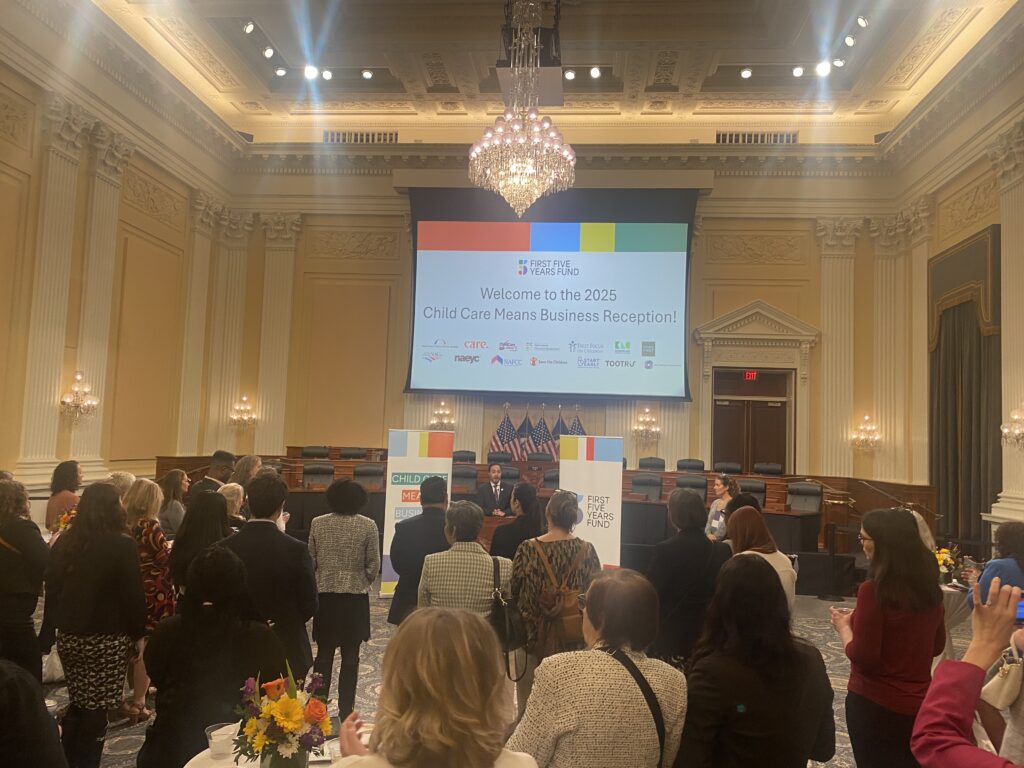U.S. Chamber of Commerce Calls for Greater Support and Investments for Child Care to Spur Economic Recovery

America’s economic success will depend on a high-quality, affordable child care system that allows parents to enter, re-enter, and stay in the workforce. Underscoring just how important child care is to our economy, particularly America’s economic recovery from the COVID-19 pandemic, U.S. Chamber of Commerce Executive Vice President Neil Bradley pointed to the nation’s child care crisis as a key barrier preventing people from entering the workforce.
At an event this week devoted to generating ideas for revitalizing America’s labor force participation, Bradley noted, “For working parents, access to affordable child care is a key ingredient to be able to enter or return to the workforce… It was an issue pre-pandemic; it’s been exacerbated by the pandemic: closures in in-person schooling, child care centers that have closed, lack of available workers for child care centers that are open.”
Linda Smith, the director of the Early Childhood Initiative at the Bipartisan Policy Center, joined Neil Bradley during the panel to provide expertise on the recently passed relief funding for the child care industry and the ways it could be implemented by states to encourage economic recovery.
The event comes as the U.S. Chamber of Commerce launched advocacy efforts calling on advocates and business leaders to contact their elected officials to “help reduce child care costs for parents returning to the workforce,” among other ideas
As America recovers from the COVID-19 pandemic, parents, especially mothers, are struggling to re-enter the workforce or get ahead in their careers. One of the biggest challenges facing them is a lack of child care, made worse by pandemic-related closures and price increases. Consider the following facts about the impact of the pandemic:
- 50% of parents who have not returned to work cite child care as a hindrance;
- When asked what factors contributed to employees leaving the workforce, 50% of employers cited child care concerns;
- 1.3 million mothers dropped out of the workforce when covid depleted child care choices;
- States are losing hundreds of millions of dollars in economic activity due to child care breakdowns;
- Women are more likely to have declined a new job opportunity than men (13% vs. 7%) and more likely to have left the workforce (9% vs 2%).
Additionally, as part of the America Works initiative, the U.S. Chamber of Commerce introduced the America Works Agenda, which includes a framework for state and federal lawmakers to expand access to child care for working parents and investing in America’s workforce needs.
Earlier this year, FFYF released its Blueprint for Progress, offering Congress and the Biden administration insight into opportunities, big and small, to support early learning and care programs for children from birth through age five. The sweeping resource provides a true blueprint for lawmakers with policy proposals to address access, affordability, and quality in child care and early learning, outlining wide-ranging solutions that fit squarely into the various legislative vehicles Congress might pursue, from infrastructure, to tax reform, to annual funding bills, to budget reconciliation, and more. The Blueprint is online at FFYF.org/Blueprint.
Subscribe to FFYF First Look
Every morning, FFYF reports on the latest child care & early learning news from across the country. Subscribe and take 5 minutes to know what's happening in early childhood education.



